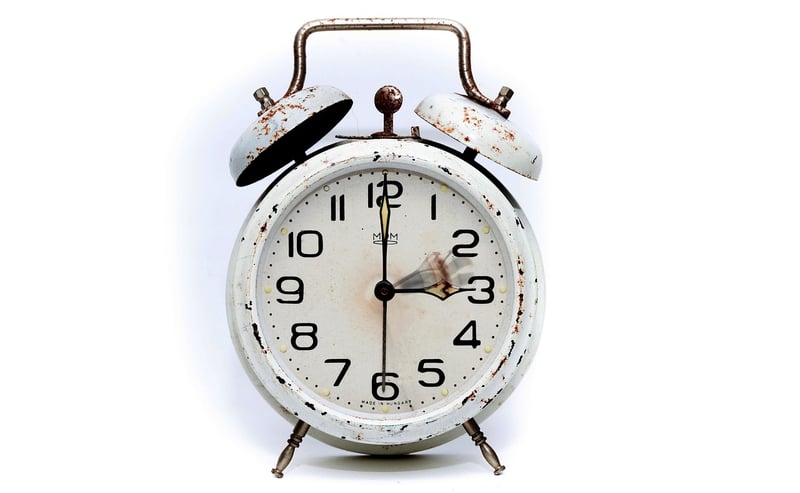Temporal Interference
Moral Considerations in Time Travel and Temporal Interference

Time travel has long been a fascinating concept in science fiction, allowing individuals to journey to the past or future. However, the idea of time travel raises profound moral considerations and the potential for temporal interference.
Moral Considerations
One of the primary moral dilemmas of time travel is the concept of altering the past. Changing even a small event in history could have significant ripple effects, potentially leading to unintended consequences or altering the course of history in unforeseen ways.
Temporal Interference
Temporal interference refers to the disruption caused by time travelers in the past or future. Interfering with historical events or altering the timeline can create paradoxes and contradictions that challenge the very fabric of reality.
Ethical Guidelines
As time travel is purely theoretical at present, ethical guidelines for potential time travelers are largely speculative. However, considerations such as non-interference with historical events, respect for the timeline, and the impact on future generations are often discussed in ethical debates.
Consequences of Temporal Interference
The consequences of temporal interference can be profound and unpredictable. Paradoxes such as the grandfather paradox, where a time traveler prevents their own existence, raise questions about causality and the nature of reality.
Conclusion
While time travel remains a theoretical concept, the moral considerations and potential for temporal interference highlight the complex ethical and philosophical questions that would arise if time travel were ever to become a reality.
For more information on time travel and its implications, you can explore Space.com.
